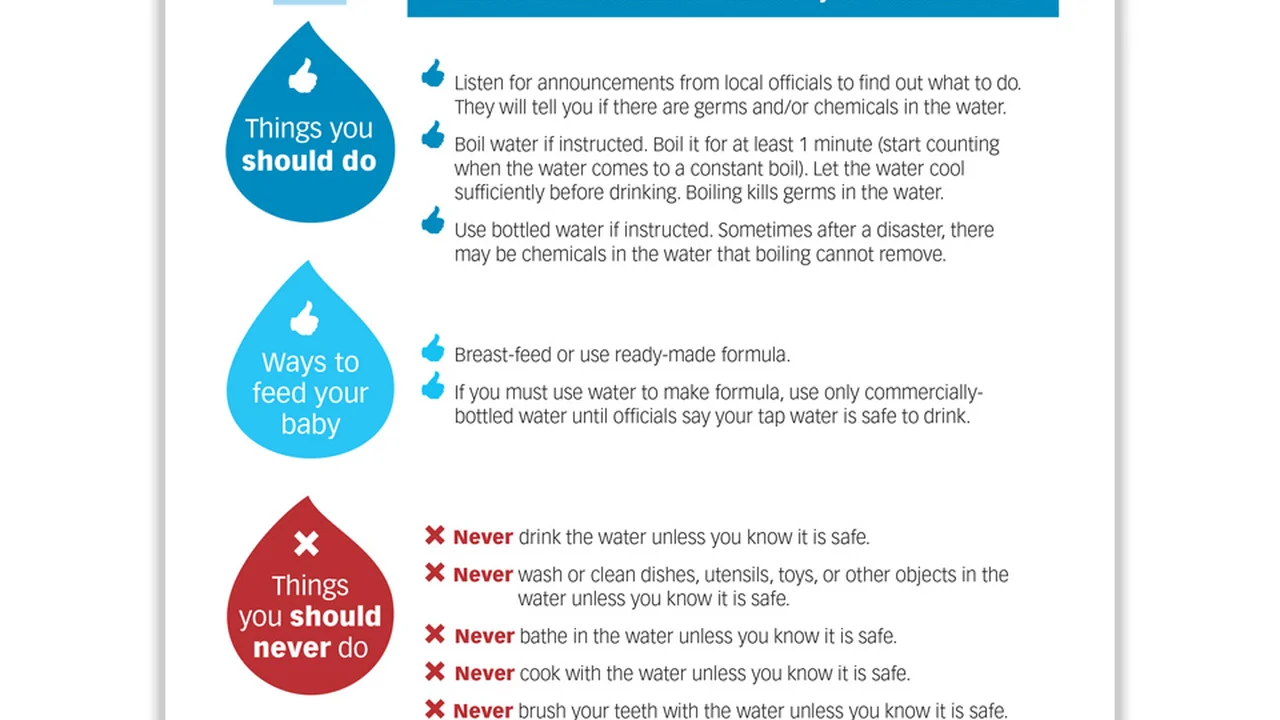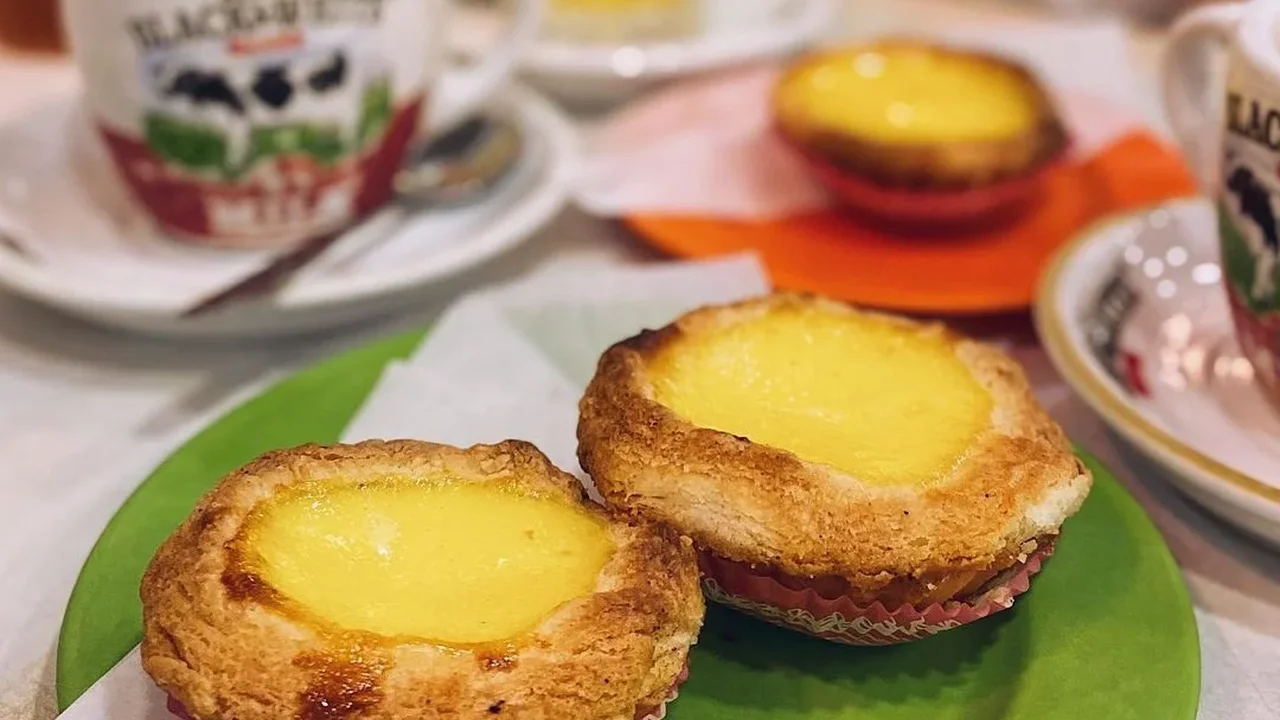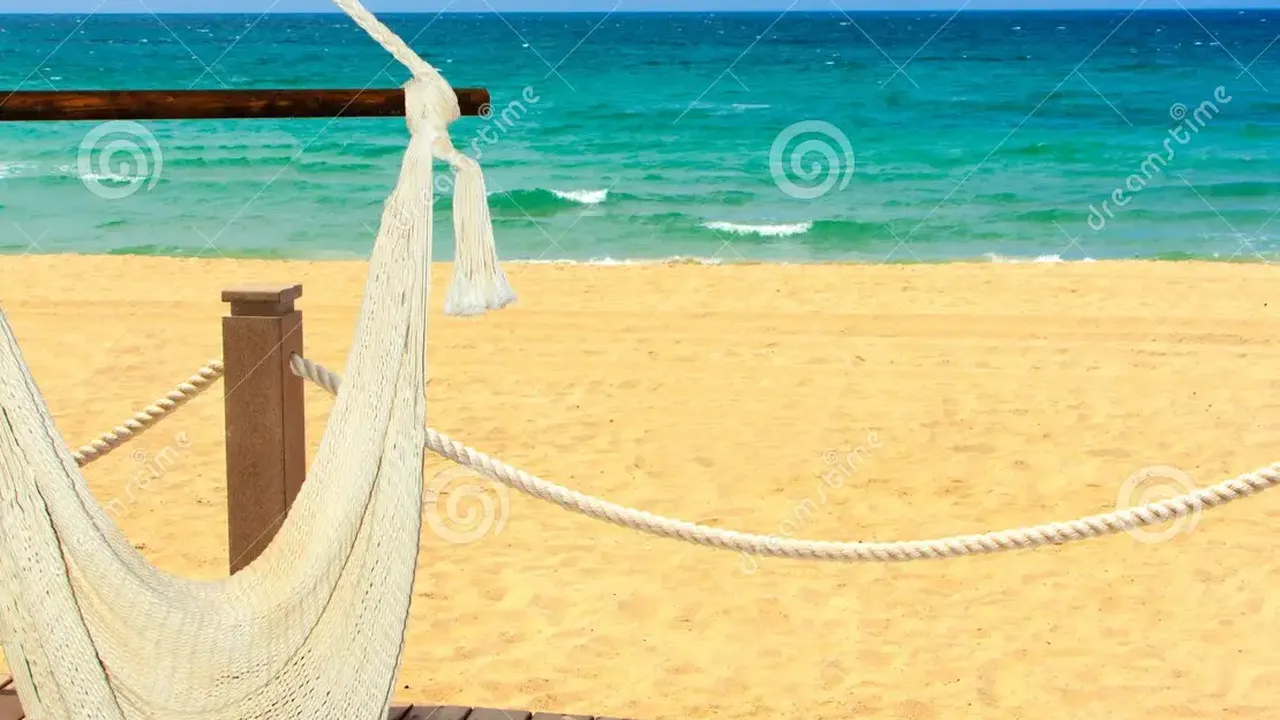Hong Kong's Drinking Water: Is It Safe to Drink?

Understanding Hong Kong's Water Sources and Treatment Processes
So, you're heading to Hong Kong? Awesome choice! But before you start chugging down that tap water, let's talk about what's actually in it. Hong Kong gets its water from a few different places. A big chunk comes from mainland China – yeah, I know, that's what everyone worries about. But don't freak out just yet! The Hong Kong government actually has pretty strict regulations about the water they import. They test it like crazy and treat it to meet international standards.
Then there's the local water supply, which is collected from rainfall. This water is stored in reservoirs around Hong Kong. And guess what? It goes through a rigorous treatment process too! They filter it, disinfect it, and add fluoride to protect your teeth. So, on paper, Hong Kong's tap water sounds pretty good, right?
Potential Contaminants in Hong Kong Tap Water: Old Pipes and Plumbing Concerns
Okay, here's the catch. Even though the water treatment is top-notch, the water still has to travel through a network of pipes to get to your tap. And some of those pipes are...well, let's just say they've seen better days. We're talking old, potentially rusty pipes that could leach lead and other nasty stuff into the water. This is especially a concern in older buildings. Think of it like this: you can have the cleanest water in the world, but if it's flowing through a dirty hose, it's not going to stay clean for long.
Another thing to consider is the plumbing inside your building. Is it well-maintained? Are there any signs of corrosion? If you're staying in an older hotel or apartment, it's worth being a little extra cautious.
Is Boiling Tap Water Enough to Make it Safe for Drinking in Hong Kong?
Boiling water kills bacteria and viruses, which is great. But it doesn't remove heavy metals like lead. So, if you're worried about lead contamination, boiling won't help. It's like trying to fix a leaky faucet with duct tape – it might help a little, but it's not a long-term solution.
Basically, boiling is good for getting rid of the bugs, but not the heavy metals. If you're only concerned about getting sick from bacteria, then boiling is a decent option. But if you want to be really safe, you'll need to look into other solutions.
Water Filter Options for Travelers in Hong Kong: Pitchers, Bottles, and Faucet Filters
Alright, let's talk about solutions. If you're not comfortable drinking tap water straight from the tap, you've got a few options. Let's break them down:
- Water Filter Pitchers: These are great for apartments or longer stays. You fill the pitcher with tap water, and it filters the water as you pour it. Brands like Brita and PUR are popular choices. The Brita Longlast filter pitcher costs around $35 USD and filters 120 gallons. The PUR Ultimate filter pitcher costs about $30 USD and filters 100 gallons. The advantage is they're easy to use and relatively affordable. The downside is they take up space and you have to wait for the water to filter.
- Water Filter Bottles: These are perfect for travelers on the go. You fill the bottle with tap water, and it filters the water as you drink. Brands like LifeStraw and Brita make these. The LifeStraw Go Series costs around $30 USD and filters up to 1,000 gallons. The Brita Filtering Water Bottle costs about $20 USD and filters 40 gallons. They're convenient and portable, but the filters can be expensive to replace.
- Faucet Filters: These attach directly to your faucet and filter the water as it comes out. Brands like PUR and Culligan make these. The PUR Advanced Faucet Filter costs around $30 USD and filters 100 gallons. The Culligan FM-15A Faucet Filter costs about $25 USD and filters 200 gallons. They're a good option for longer stays, but they can be a pain to install and remove.
Comparing Water Filter Brands: Brita, PUR, LifeStraw and Their Specific Uses
So, which brand is right for you? Let's compare:
- Brita: Brita is a well-known brand with a wide range of products, from pitchers to bottles. They're a good all-around choice.
- PUR: PUR focuses on faucet filters and pitchers. They're known for their effective filtration.
- LifeStraw: LifeStraw specializes in portable water filters, like bottles and straws. They're a great choice for outdoor adventures.
For example, if you are staying in an apartment for a month, the Brita Longlast Filter Pitcher would be a good choice. If you are just visiting for a week and plan to do a lot of hiking, the LifeStraw Go Series would be better. If you're staying in a hotel and want filtered water from the tap, consider the PUR Advanced Faucet Filter.
Bottled Water in Hong Kong: Brands, Prices, and Environmental Considerations
Bottled water is readily available in Hong Kong. You can find brands like Dasani, Aquafina, and local brands like Watsons Water. A 500ml bottle will cost you around HK$8-15 (US$1-2). However, buying bottled water every day can get expensive, and it's not exactly environmentally friendly. Think about all those plastic bottles ending up in landfills or the ocean! Consider using a reusable water bottle and filling it with filtered water instead. It's better for your wallet and the planet.
Restaurants and Ice: What to Know About Water Quality in Hong Kong Establishments
Most restaurants in Hong Kong use filtered water for drinking and cooking. However, it's always a good idea to ask if you're unsure. When it comes to ice, most establishments use commercially produced ice, which is generally safe. But again, if you're worried, don't hesitate to ask. It's better to be safe than sorry!
Tips for Staying Hydrated Safely in Hong Kong
Here are a few tips to keep in mind:
- If you're staying in an older building, let the water run for a few minutes before drinking it. This will help flush out any lead that may have leached from the pipes.
- Consider using a water filter pitcher, bottle, or faucet filter.
- Ask restaurants about their water source.
- Stay hydrated! Drink plenty of water, especially in the humid Hong Kong weather.
So, there you have it. Hong Kong's tap water is generally safe, but it's worth being aware of the potential risks. With a little bit of caution and the right tools, you can stay hydrated and healthy during your trip!
:max_bytes(150000):strip_icc()/277019-baked-pork-chops-with-cream-of-mushroom-soup-DDMFS-beauty-4x3-BG-7505-5762b731cf30447d9cbbbbbf387beafa.jpg)





